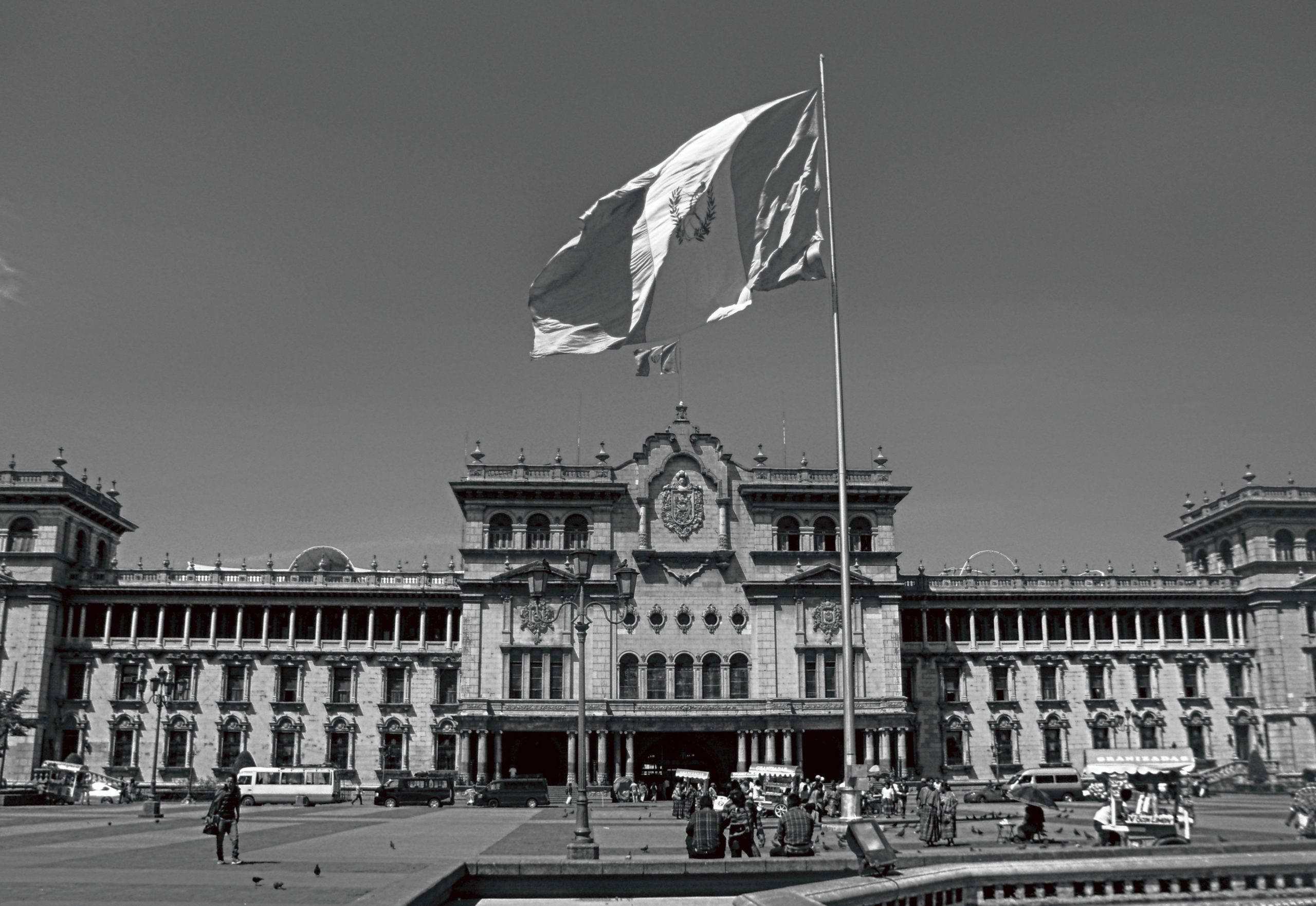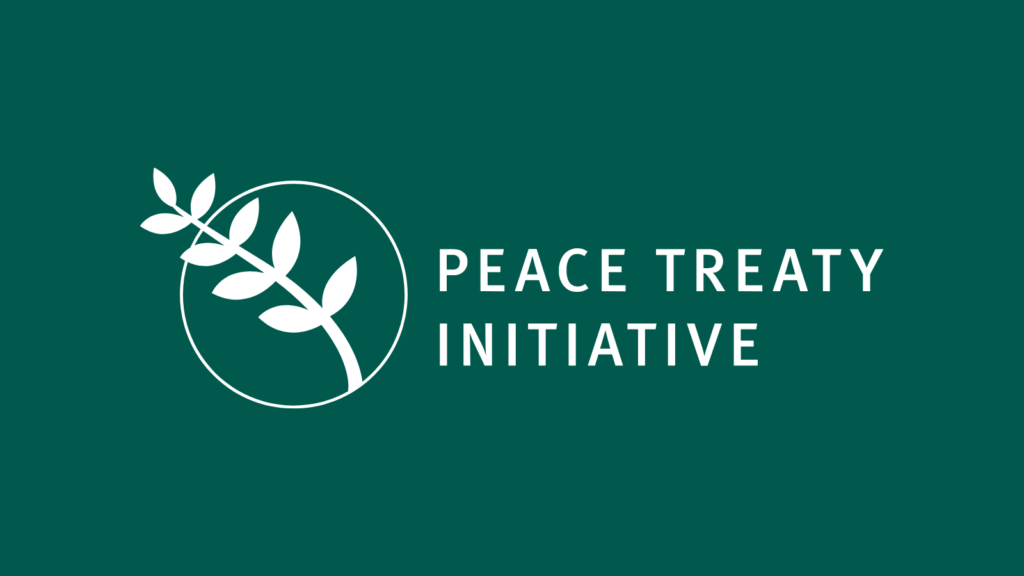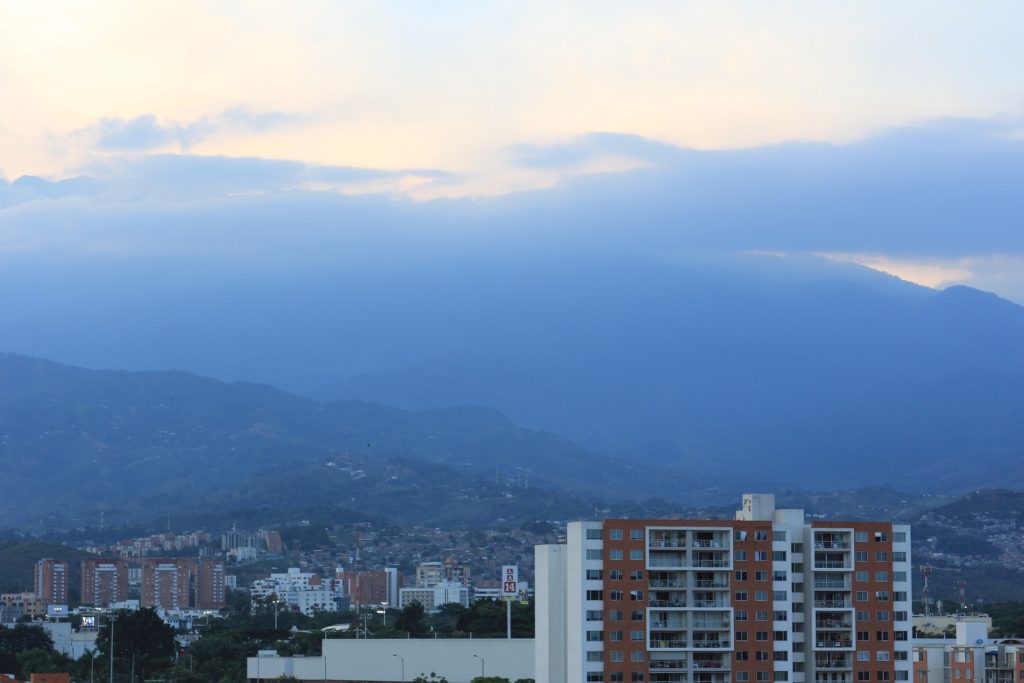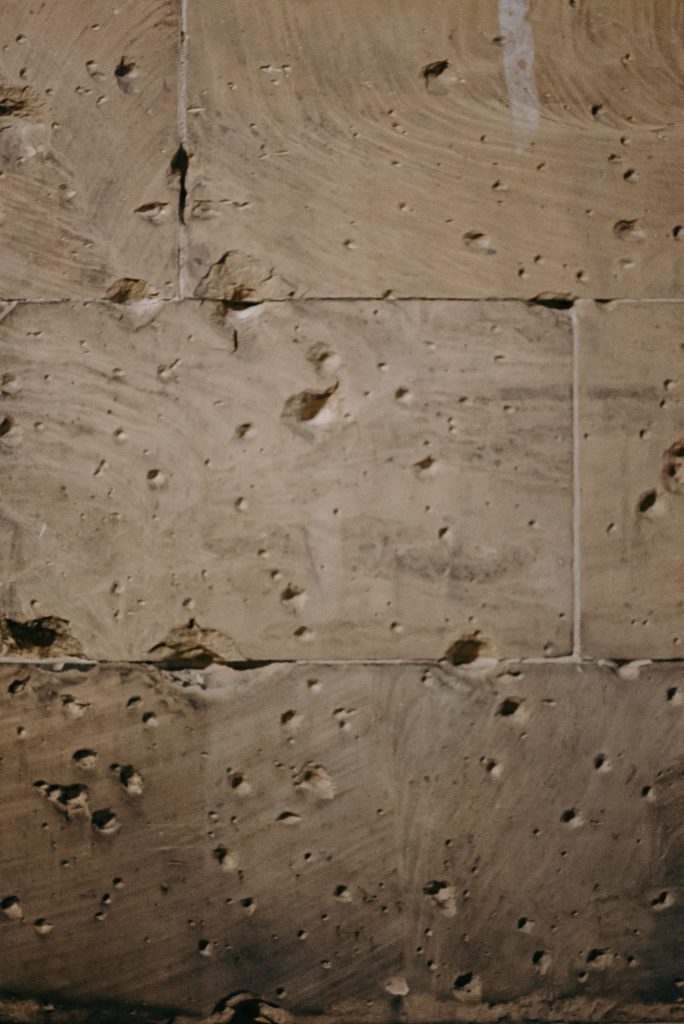Public Commentary / 20 October 2015
What Guatemala can teach fragile states about cleaning up the justice system

Guatemala’s principle claim to fame, until recently, was a justice system considered to be among the worst in the world. Yet even in a country as troubled as this, change is possible.
Take, for instance, the looming presidential election. The favourite to win the runoff vote on 25 October is comedian Jimmy Morales. Unusually for a Guatemalan presidential candidate, he has no close connection with the traditional political elite, and his campaign slogan is “Neither corrupt nor a thief”.
Guatemala is dogged by many pressing problems, the legacy of centuries of social exclusion, a 36-year civil war in which 200,000 people died, and a history of weak institutions. The civil war officially ended in 1996, but violence and human rights abuses have continued. However, the central problem at the heart of Guatemalan life has been the endemic corruption that has been allowed to flourish by a justice system that lacked the ability to punish it – until recently.
Now, however, Guatemala’s elites are at last being called to account. The UN-sponsored CICIG – in English, the International Commission against Impunity in Guatemala – was set up in 2006. Since then, it has brought criminal charges against the former president and vice-president, the president of the central bank, the former head of Congress, as well as against the country’s head of tax, social security agencies and the leaders of several political parties.
In turn, this has been the catalyst for a nationwide protest movement that played a critical role in ousting President Otto Pérez Molina, a former head of intelligence during the civil war and a man once considered unassailable. His arrest on corruption charges is expected to open the door to the prosecution of many more high-ranking officials.
While it is true that at 70%, the percentage of crimes that do not result in prosecutions remains unusually high, but even this is more than 25 percentage points lower than it was before CICIG was set up. So Guatemala, of all places, may now be a positive role model among fragile states.
Fragile states are one of the world’s most pressing challenges. Countries such as Nigeria, Pakistan, and Somalia contribute disproportionately to instability and terrorism worldwide. Poverty is increasingly concentrated within their borders, and considerable amounts of aid seem to change little.
Anchoring an important institution, such as the judiciary, in a highly legitimate multilateral institution, such as the UN, seems to have made all the difference to Guatemala. Its judiciary now has the autonomy and capacity to hold elites accountable in a way that no wholly domestic entity could. Other government institutions work better, and the population can more boldly demand government reform.
“We realised that we couldn’t fix our institutions alone,” said Eduardo Stein, the former vice-president who helped set up CICIG. “We figured that if [UN] member states could ask the security council for peacekeepers, why not help to address an internal problem that is as serious as war – organised crime?”
With the right leadership and in partnership with the prosecutor’s office, CICIG has completely changed the judicial and political equation. Since its inception, the agency has launched more than 200 investigations, leading to criminal charges against more than 160 current or former officials. Almost all have been convicted.
The agency has created a special prosecutor’s unit; new specialised courts are designed to protect judges from threats; there is a witness protection programme; and a new unit provides security for prosecutors. Some might argue that such an arrangement is an infringement upon sovereignty, but Guatemalans like it – 65% of those polled trust the agency.
There are other examples where externally anchored institutions play crucial roles in fragile states beyond the obvious role of peacekeeping. In Liberia, the Governance and Economic Management Assistance Program is jointly managed by the government and the international community, overseeing state budgets to reduce corruption and mismanagement. The European Union, by far the most important external governance anchor in the world, has contributed to democratisation and economic reform across central and eastern Europe.
Fragile states could also benefit from an external anchor to make finance ministries, anti-corruption agencies, and high-level courts more robust. Without an external anchor, states such as Nigeria, Kenya and the Democratic Republic of the Congo are unlikely ever to hold their elites accountable for their misuse of state resources. Left to themselves, states such as Iraq, Libya, South Sudan and Somalia are unlikely to create legitimate national institutions that can peacefully arbitrate disagreements between ethnic, religious and clan groups.
Across Latin America, the Middle East and Africa, protests have erupted against social exclusion, the misuse of state resources, and impunity, but they are unlikely to change much on their own. Guatemala’s quiet justice revolution shows the way forward.
Seth D Kaplan is a professorial lecturer in the Paul H Nitze School of Advanced International Studies at Johns Hopkins University and senior adviser to the Institute for Integrated Transitions. He thanks Jimena Leiva Roesch, a former Guatemalan diplomat, for her assistance with this article.
Originally published in The Guardian.

Public Commentary
Building the International Law of Peace

Public Commentary
Colombia’s Transitional Justice: Mission Impossible?

Public Commentary
How You Can Negotiate Justice and Peace


